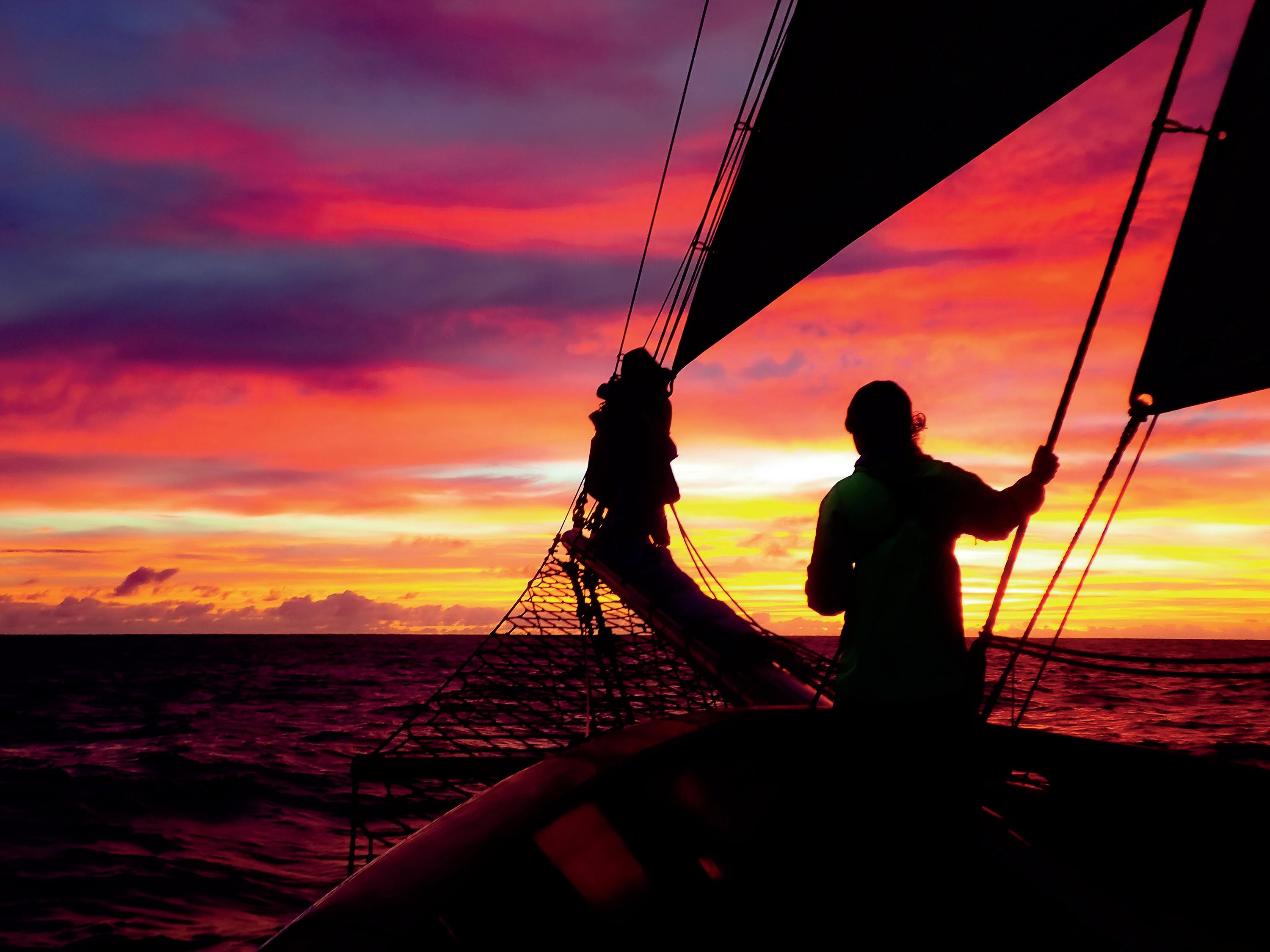High School & Gap Year Programs



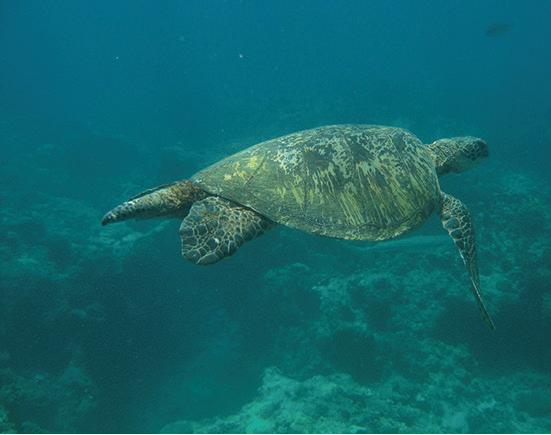


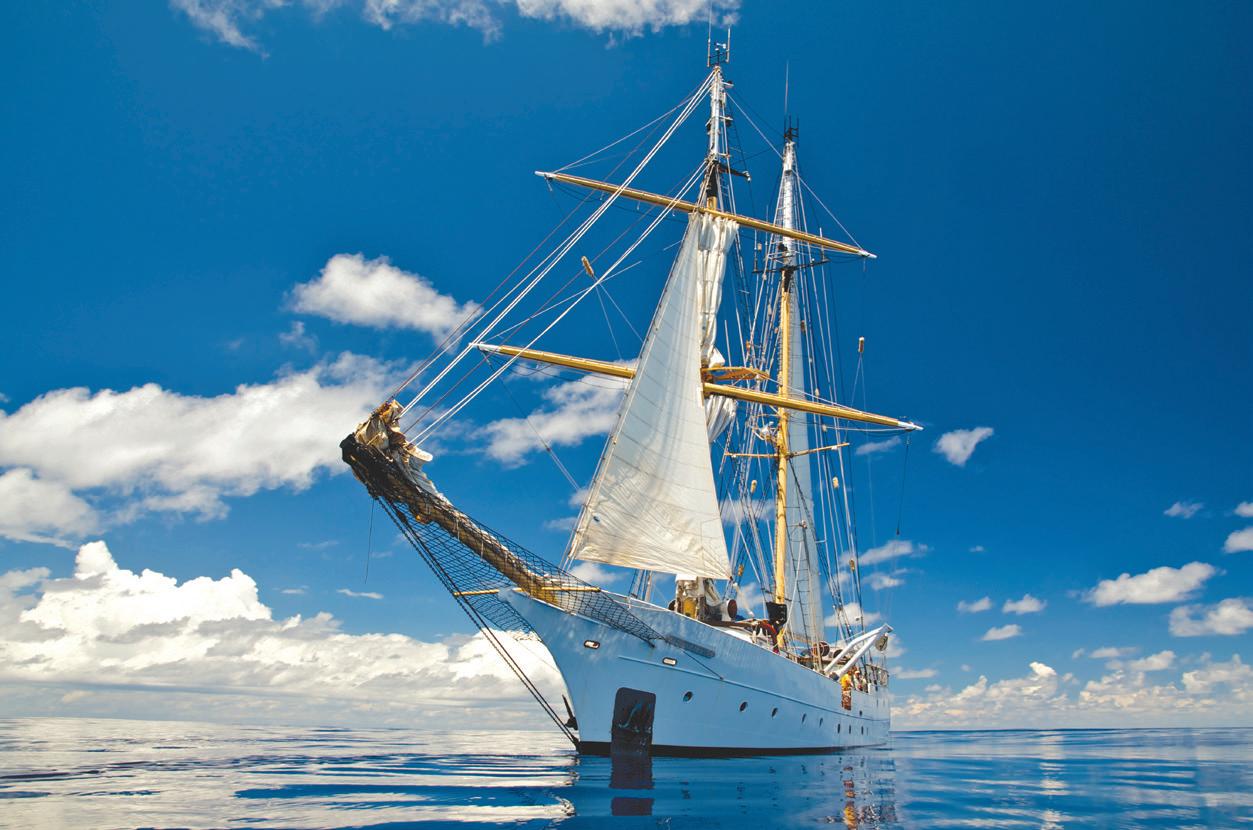


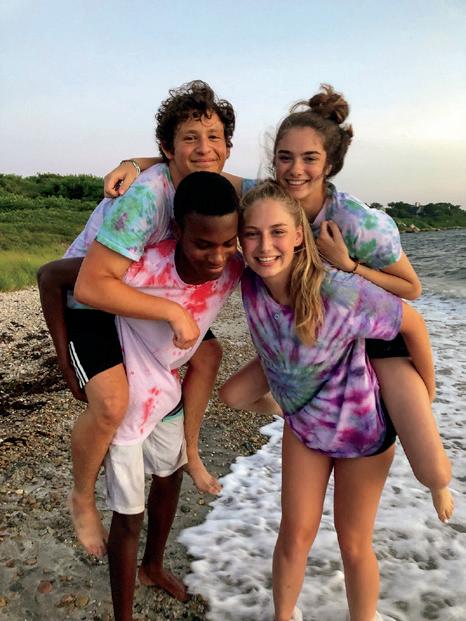

CLIMATE CHANGE
Explore the community impacts of climate-related changes on shore and at sea













Explore the community impacts of climate-related changes on shore and at sea

Engage with SEA’s ocean plastics
collected by students and faculty during the past 35 years
Study human impacts on coral reef ecosystems in the Atlantic and the Pacific

Examine social equity issues such as food security, deforestation, and displacement from coastal lands
Consider the dynamic relationship between nature and culture in coastal and island locations
Analyze strategies and approaches to communicating marine policy in various parts of the world

THE SEA EXPERIENCE expands imaginations as to what is possible – in college, career, and life. Students challenge themselves, discover strengths, and gain new skills and knowledge while exploring the ocean from a variety of perspectives.


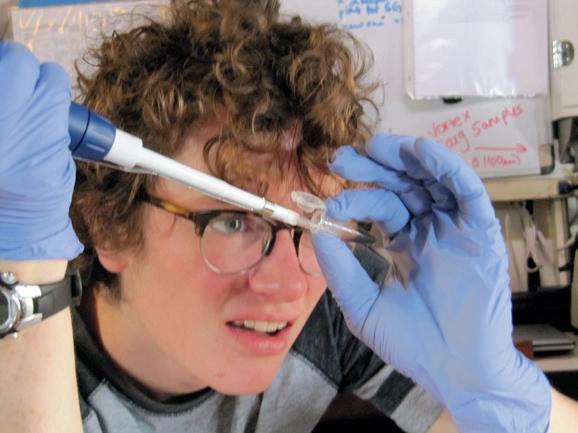
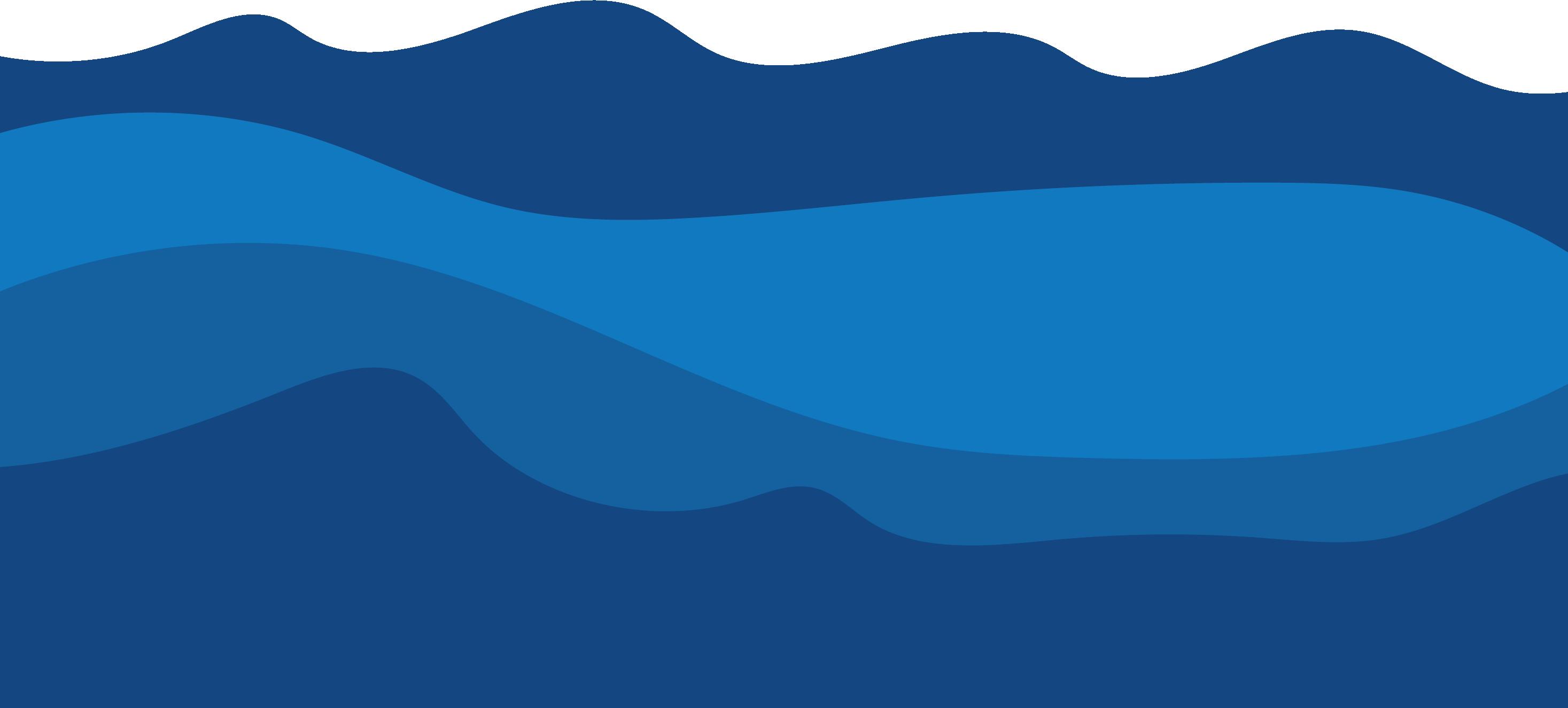
LEARNING TO NAVIGATE BY THE STARS
TO ONGOING OCEANOGRAPHIC DATA COLLECTION

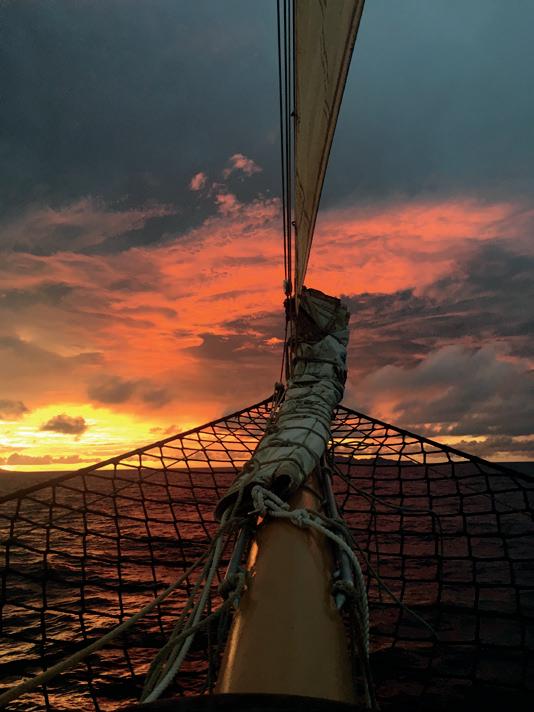
ANALYZING TODAY’S SAMPLES IN THE ONSHORE OR ONBOARD LAB

During SEA’s summer programs at sea, you’ll sail aboard the SSV Corwith Cramer in the Atlantic or the SSV Robert C. Seamans in the Pacific. Guided by professional scientists and crew members, you’ll gain direct experience in conducting oceanographic research, sailing a tall ship, and developing leadership and teamwork skills. While on the lookout for whales, sharks, and other wonders of the deep blue, you’ll discover the rewards of life at sea and contemplate how to continue your connection to the ocean.
Eligibility: Rising high school sophomores, juniors, and seniors, as well as recent high school graduates. No sailing experience required.

Study the marine environment from scientific, historical, literary, and nautical perspectives while living on SEA’s Woods Hole campus on Cape Cod. Topics and activities include oceanography, maritime issues, hands-on laboratory and field research, and visits to world-renowned research facilities such as Woods Hole Oceanographic Institution and the Marine Biological Laboratory.
Many students choose an on shore program first and then a program at sea for a subsequent experience.

Eligibility: Rising high school sophomores, juniors, and seniors, as well as recent graduates. Higher-level science programs and precollege credit-bearing programs may have prerequisites.
Join a diverse community of high school students from around the world who share a passion for ocean science and want to understand marine conservation while building their skills, resume, and portfolio for college. Working with SEA faculty, you’ll study marine science, nautical science, science writing, and environmental history, all while engaging with real oceanographic data.
All virtual programs include a range of active, hands-on activities and live meetings with ocean experts who share their career paths. Options may include summer, semester, and various ocean-related themes. Students can choose the format that best meets their goals or apply for multiple sessions.
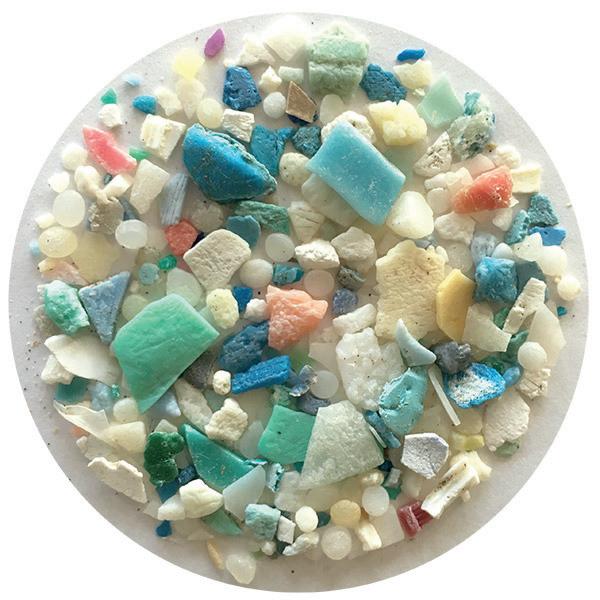
Eligibility: 8th grade through high school students.
For details of upcoming programs, please visit www.sea.edu/high-school SEA also offers custom programs on shore and at sea. Contact institutionalrelations@sea.edu to learn more.

Taking place both on shore and at sea, Ocean Exploration combines oceanographic research and tall ship sailing for a small community of students who are passionate about climate change, marine debris, environmental justice, conservation, and related topics. Each program is designed around a theme relevant to the cruise track.

SEA offers gap year or winter start/midyear admit students who are interested in the oceans the opportunity to study the marine environment through the lenses of science, maritime history and culture, and policy while developing valuable leadership and teamwork skills.
Gap programs begin on the SEA campus in the oceanographic research hub of Woods Hole, Massachusetts, for six weeks of preparation and community building before joining one of our tall ship ocean research vessels.

As full working members of the scientific team and sailing crew, students manage shipboard operations, participate in the 24-hour watch rotation, and analyze oceanographic samples while completing an epic ocean passage.
Florida Keys
Montserrat Dominica Saint John Saint CroixWoods Hole Guadaloupe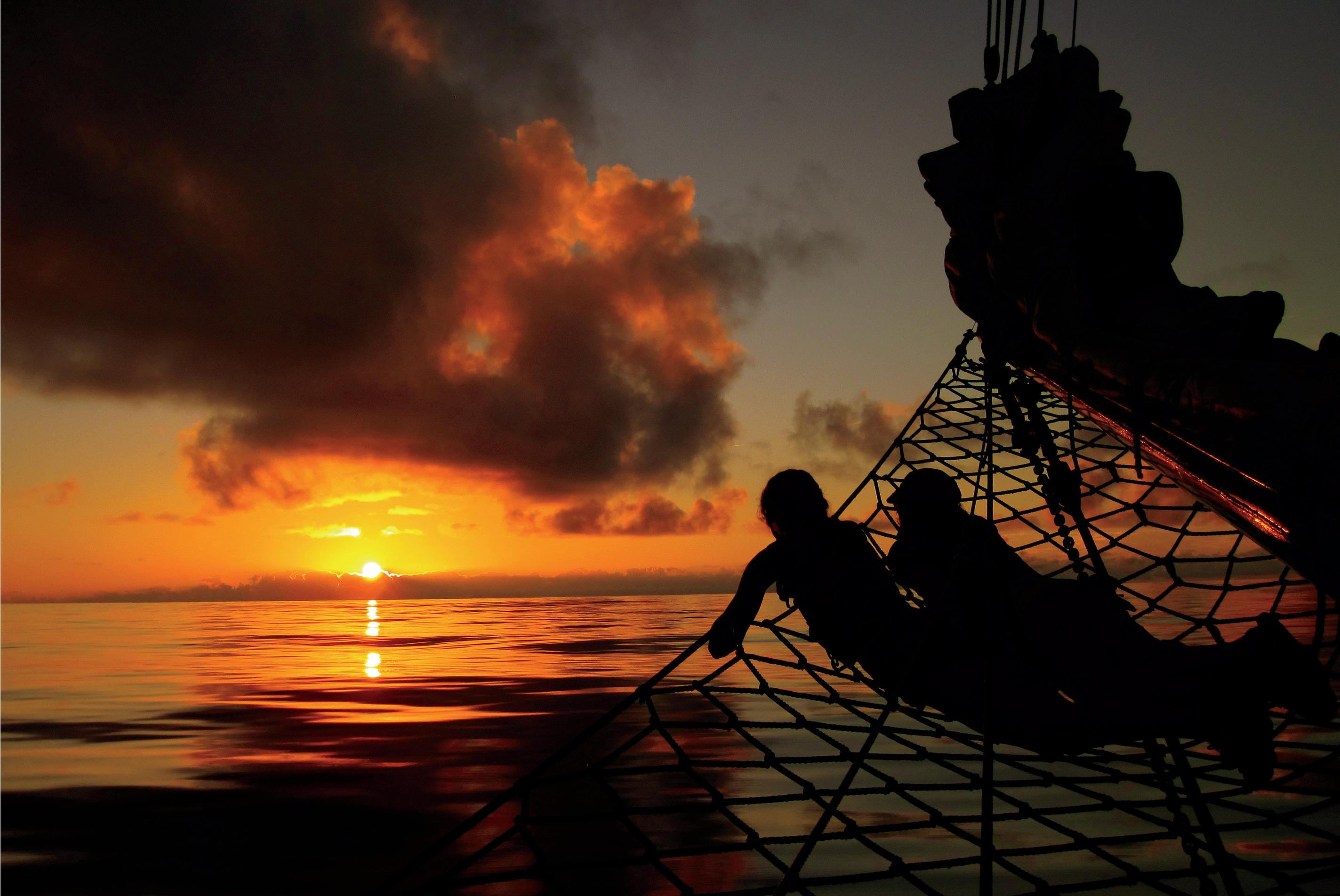
You’ll be involved in all aspects of the Ocean Exploration program, including sailing a tall ship, standing watch, science deployments, lab research, and faculty mentorship - but you will not receive grades or college credit. For many students, this experience offers something different after many years of school that emphasized academic achievement. Exploration is the name of the gameexplore the ocean while exploring your interests, passions, and future academic and career goals.
“I chose to participate in the noncredit-bearing program because I wanted my gap year experience to be focused entirely on gaining new experiences and learning more about myself. By choosing the program that was noncredit, I was able to focus on learning as much as I could about sailing, science, and the world without having to focus on grades. Following my gap year experiences, I felt confident and excited to get involved with research at my university that I likely would not feel ready for without my gap year experiences.”
Aileen McDonald, American University
As a gap student or a winter/midyear admit to college, you can get a head start on your undergraduate degree. You’ll take courses such as oceanography, maritime studies, nautical science, oceanographic field methods, and design, and conduct your own research project, either individually or in a small group. Having this experience will allow you to incorporate the perspectives and skills you’ve learned into the college experience and to dig deeper once you’re there.
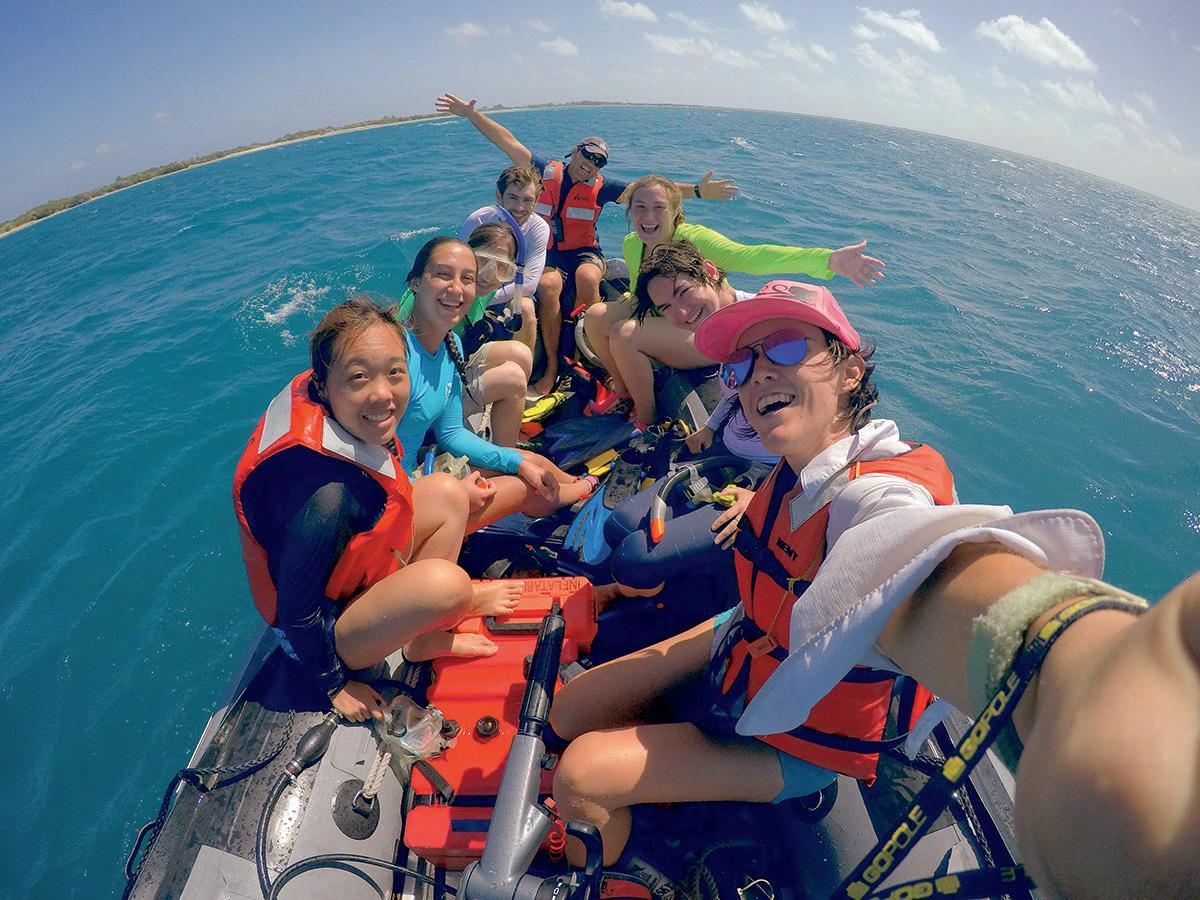
Earn 17 college credits from Boston University.
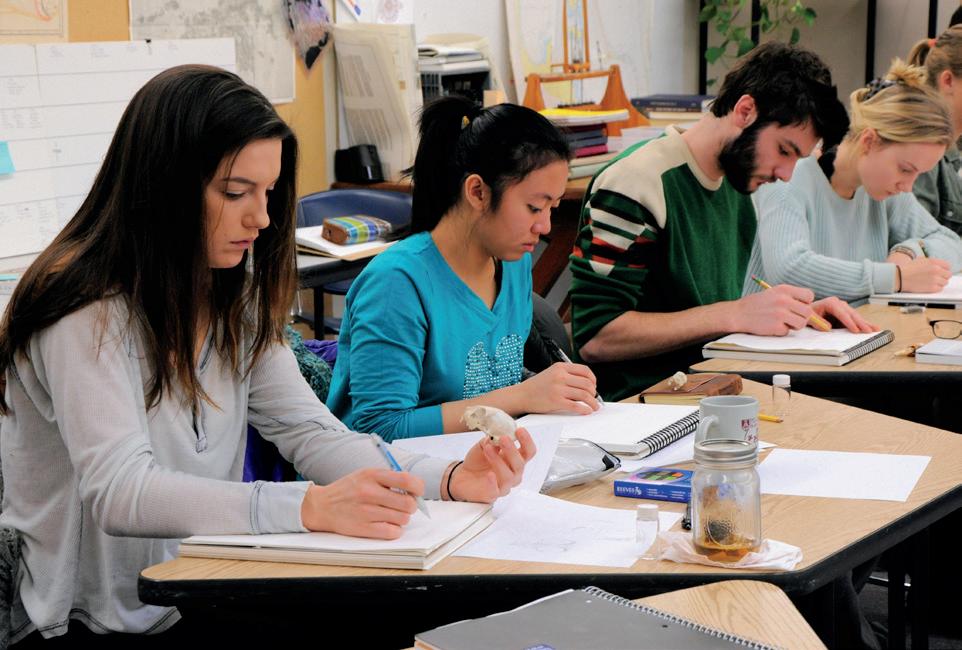
Star t college with enhanced skills for academic success.
Stay on track for an undergraduate degree in four years.
“When I found out that I had been accepted into Hamilton College as a January admit, my shock quickly turned into excitement. I was intrigued by the opportunity to take a different and more adventurous path than most incoming first-year students. SEA gave me a family of scientists and sailors at sea, and an even greater connection to the ocean. It has immensely impacted my time at Hamilton and my confidence in knowing what classes and research I am interested in, as well as what I want to do after graduation.
For details of upcoming programs, please visit www.sea.edu/gap SEA also offers custom programs on shore and at sea. Contact institutionalrelations@sea.edu to learn more.



•US
built
sq. ft.
engine:
lab on board
Partners, collaborators, and potential port stops in coastal communities spread across the Atlantic and the Pacific in locations including US and British Virgin Islands, Bermuda, Hawai’i, Tahiti, Kiribati, and New Zealand.

Safety is SEA’s highest priority – both on shore and at sea. Programs are carefully designed and planned to provide support and maximize health, safety, and well-being during all components of the student experience. We operate under a philosophy of prevention but prepare for and are capable of a broad spectrum of response.

•Full-time, on-site professional student affairs staff in Woods Hole
•Risk management planning and emergency response protocols
•Preprogram medical clearance process
•24-hour emergency communications for parents and families
•Highly trained and experienced captains and crew members; daily communication with Woods Hole
•Cruise tracks planned according to weather patterns, sea conditions, and research clearances

•Designated medical officer and medical kit on board
•24-hour access to a network of physicians trained to provide remote medical care and advice
•Emergency medical evacuation coverage
•SEA welcomes students from diverse backgrounds
•SEA strives to provide an affirming, inclusive learning environment
•Preprogram advising and planning for medical/mental health conditions
•Learning accommodations for a variety of student needs
• Virtual and in-person orientation sessions
•Regular check-ins with faculty and staff throughout the program
SEA welcomes applications from high school and gap year students interested in any aspect of the ocean. Students apply using our online application portal to submit transcripts, references, and short essay responses and then complete a short admissions interview. We review each application carefully, with an emphasis on student interest, motivation, and goals for the selected program. SEA accepts students on a rolling basis and space is limited, so applicants are encouraged to apply early to ensure space in their first-choice program.

SEA admissions staff are available to advise and support students throughout the program selection and application process. Please contact Admissions at admissions@sea.edu or by calling 800-552-3633.
SEA works closely with students and their families to make participation in our programs a reality. SEA’s admission process is need blind and applying for financial aid does not affect the probability of a student being accepted.
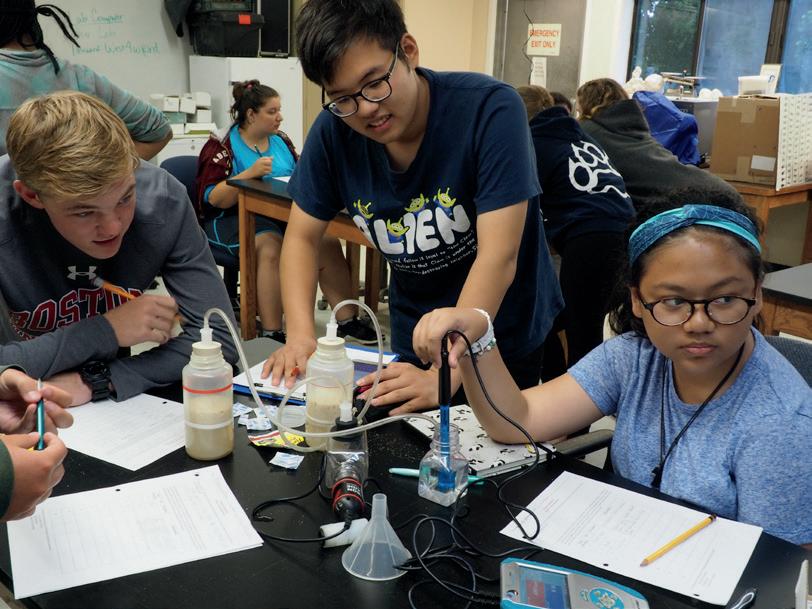

SEA has limited funds available to assist students who demonstrate family financial need. We work closely with parents/guardians to estimate costs, discuss available aid, and consider options, including outside scholarships and payment plans.

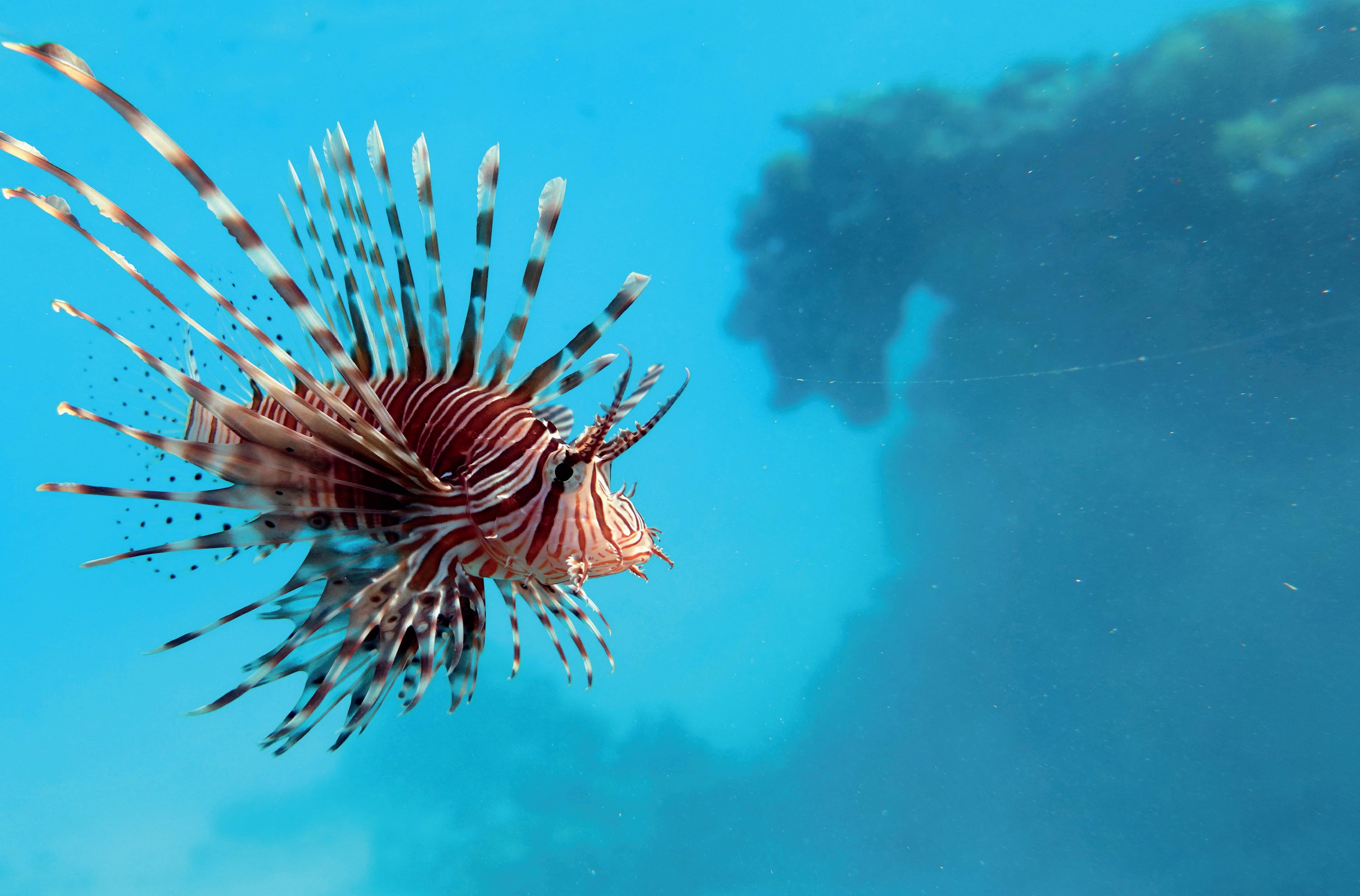
Sea Education Association (SEA) is a leading nonprofit independent educational institution focused on environmental studies and the ocean. Since 1971, SEA has been dedicated to educating the next generation of ocean scholars, stewards, and leaders.


In addition to gap year and high school programs, SEA offers a comprehensive portfolio of semester and summer programs for college undergraduates.
Current programs include:
Sustainability in Polynesian Island Cultures & Ecosystems
Ocean Exploration: Plastics Expedition
SEA educates and inspires ocean scholars, stewards, and leaders. SEA fosters and enhances knowledge about the state of oceans and coastal communities. It also helps shape public dialogue and policy through long-term environmental research, global partnerships, and the continued impact of our students, faculty, and alumni worldwide.
The Global Ocean
Pacific Reef Expedition
Marine Biodiversity & Conservation Caribbean Reef Expedition
Climate & Society
Oceans & Climate
SEA invites proposals for collaborative custom programs on shore or at sea from high schools, colleges or universities, and other organizations.


